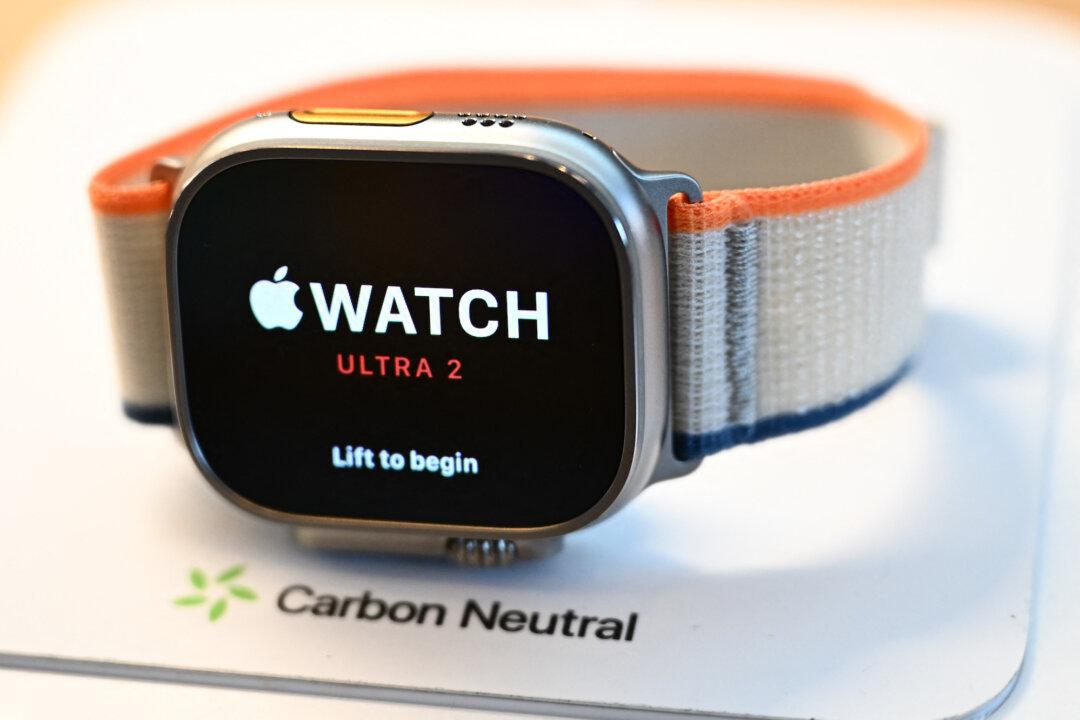A ban on importing Apple Watches with blood oxygen sensors will be reinstated on Thursday, the U.S. Court of Appeals for the Federal Circuit said.
In a decision handed down Wednesday, the federal appeal court did not rule on Apple’s effort to appeal a U.S. International Trade Commission (ITC) ruling that prevented the company from importing smartwatches involved in a patent dispute. However, it lifted an injunction that had blocked the ITC ruling from taking effect while Apple appealed the underlying import ban.





